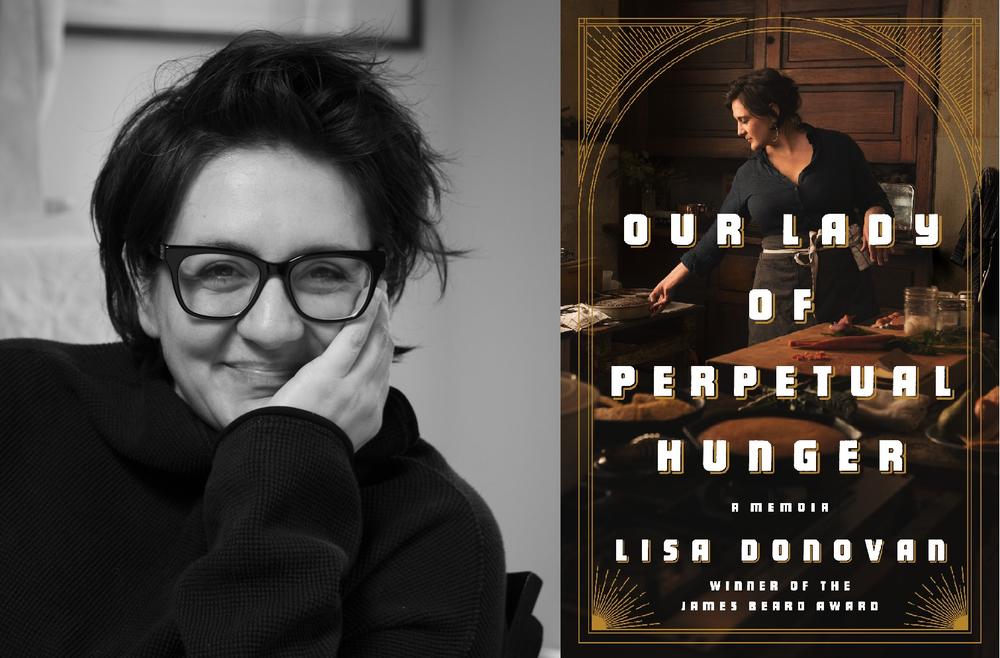
Caption
Chef Lisa Donovan's new memoir, called "Our Lady of Perpetual Hunger," is about her life in and out of kitchens, and her journey to find her voice as a woman and a Southerner. It was released on Aug. 4.
Credit: Jared Buckheister / Cover Courtesy of Penguin Random House


